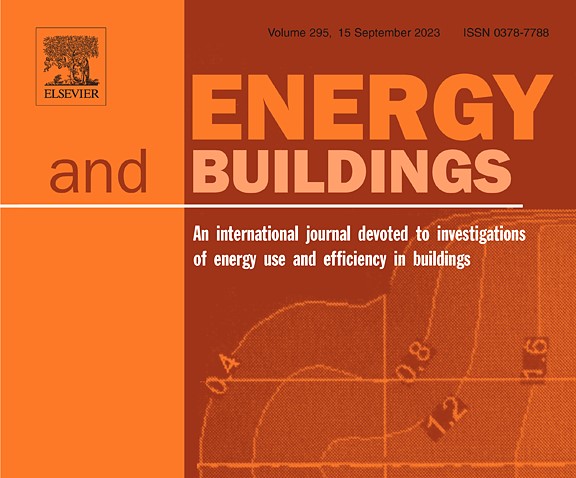
Techno-economic analysis of a 5th generation district heating system using thermo-hydraulic model
A 5th generation district heating (5GDH) system consists of a low-temperature network used as a heat source for de-centralized heat pumps to serve heating demand. Until now, there is a lack of studies looking into the economic aspect of implementing the 5GDH concept. The performance characteristics, system dynamics, and economic feasibility of the 5GDH system are insufficiently investigated in cold climates.
This paper, “Techno-economic analysis of a 5th generation district heating system using thermo-hydraulic model: A multi-objective analysis for a case study in heating dominated climate”, aims to bridge the research gap by performing the techno-economic analysis of a 5GDH system using a case study based in Tallinn, Estonia. A detailed thermo-hydraulic simulation model is constructed in TRNSYS and Fluidit Heat. In addition, the uncertainty and sensitivities on the economic performance are analysed using Monte Carlo method implemented in Python. The study further analyses the effectiveness of using solar power technologies in reducing the cost of heating. For designed boundary conditions, the system can deliver heat at levelised cost of heating (LCOH) of 80€/MWh. Integration of photovoltaic up to a limited capacity results in 1% reduction when compared to the base case LCOH. The economic benefit of photovoltaic thermal is lower compared to photovoltaic. This study can provide a benchmark for the application of 5GDH systems in heating dominated regions.
